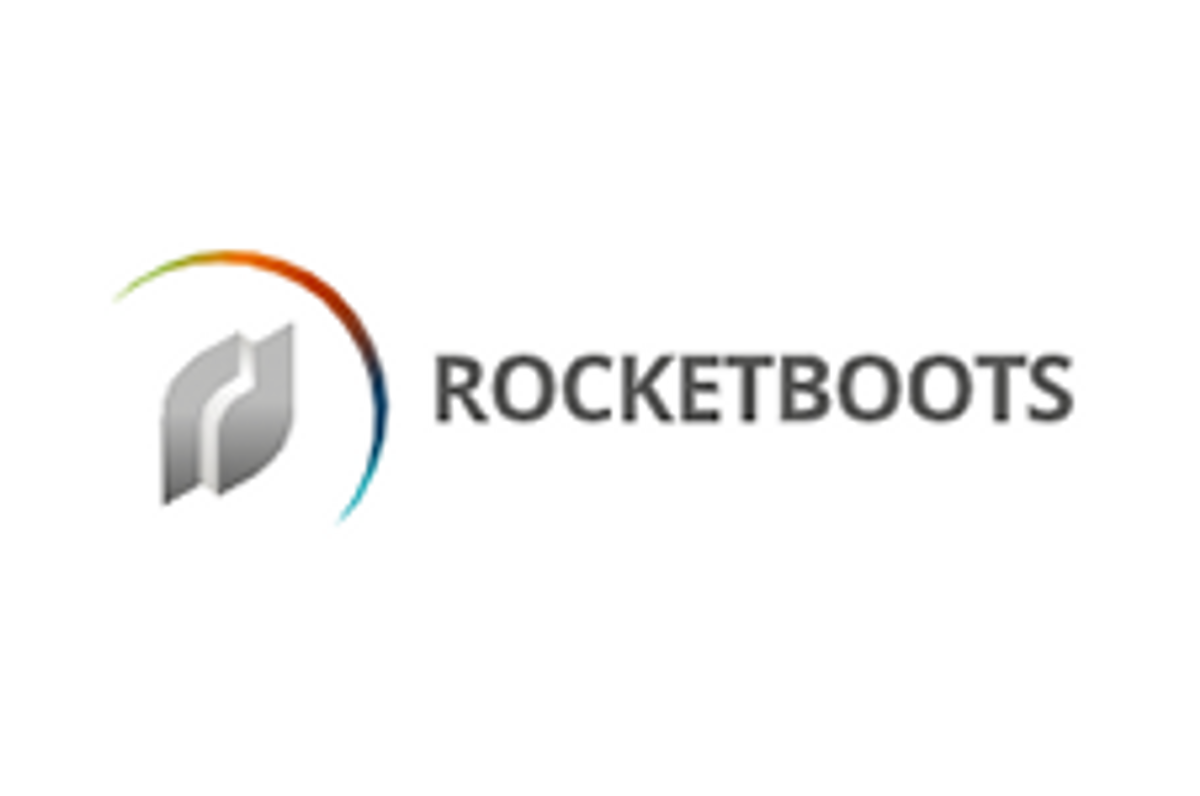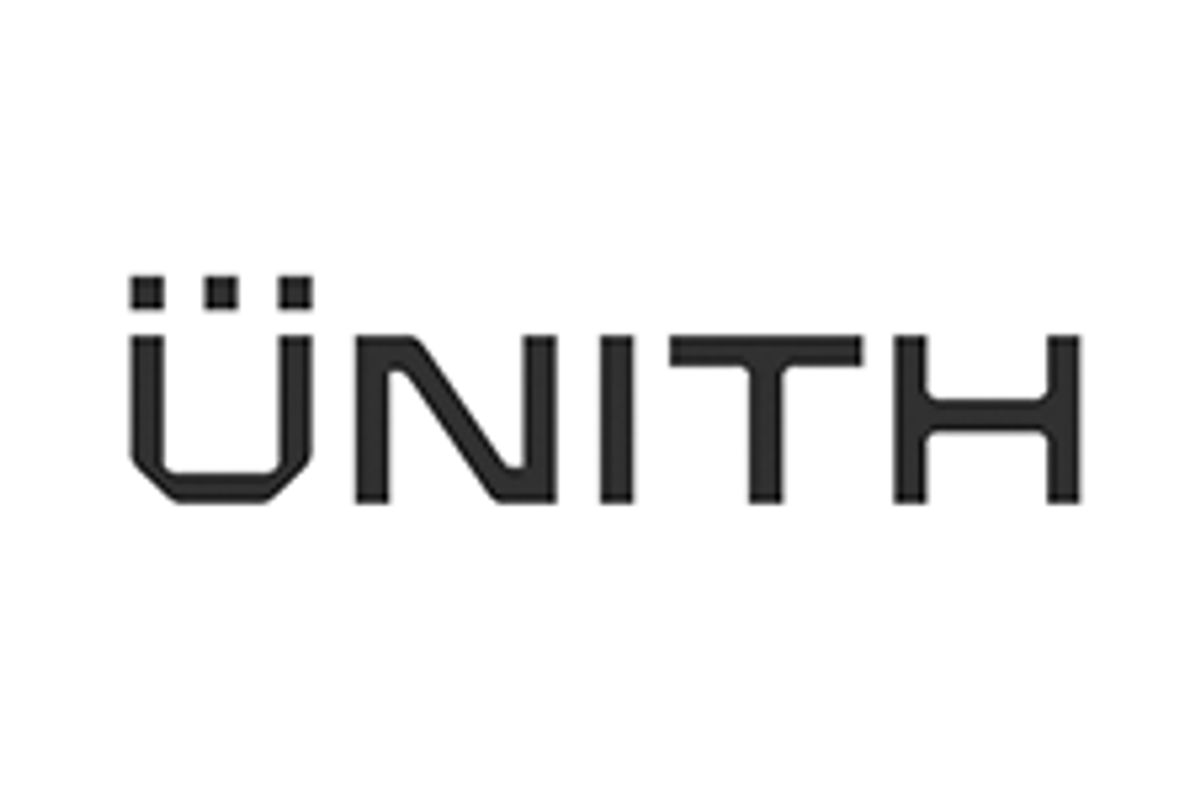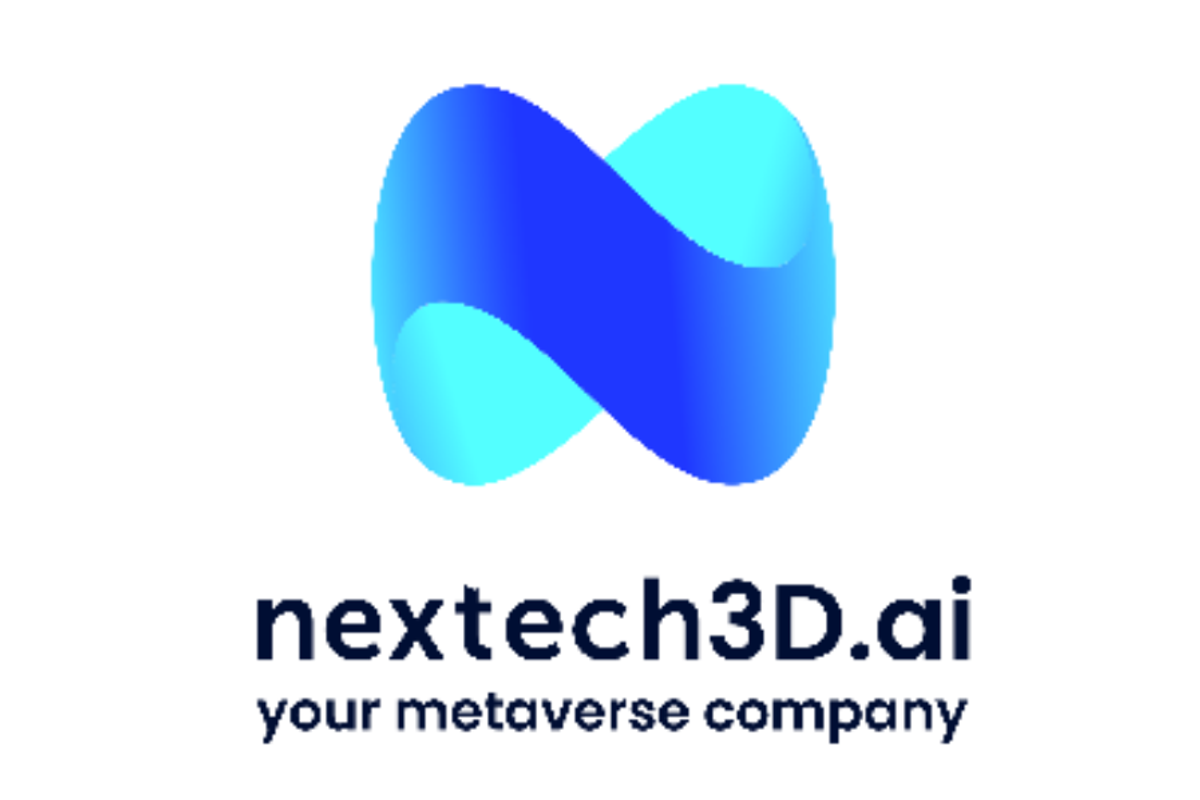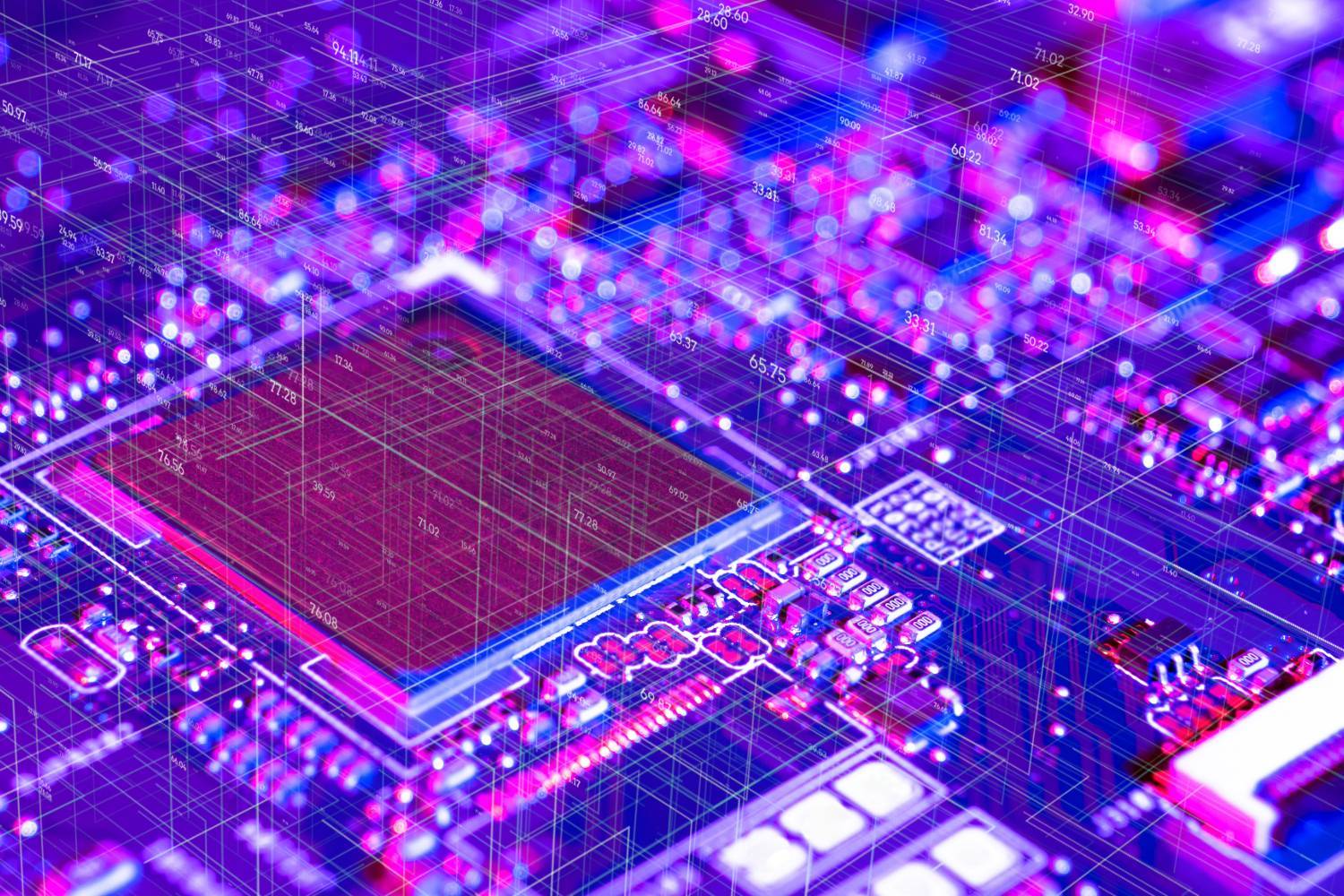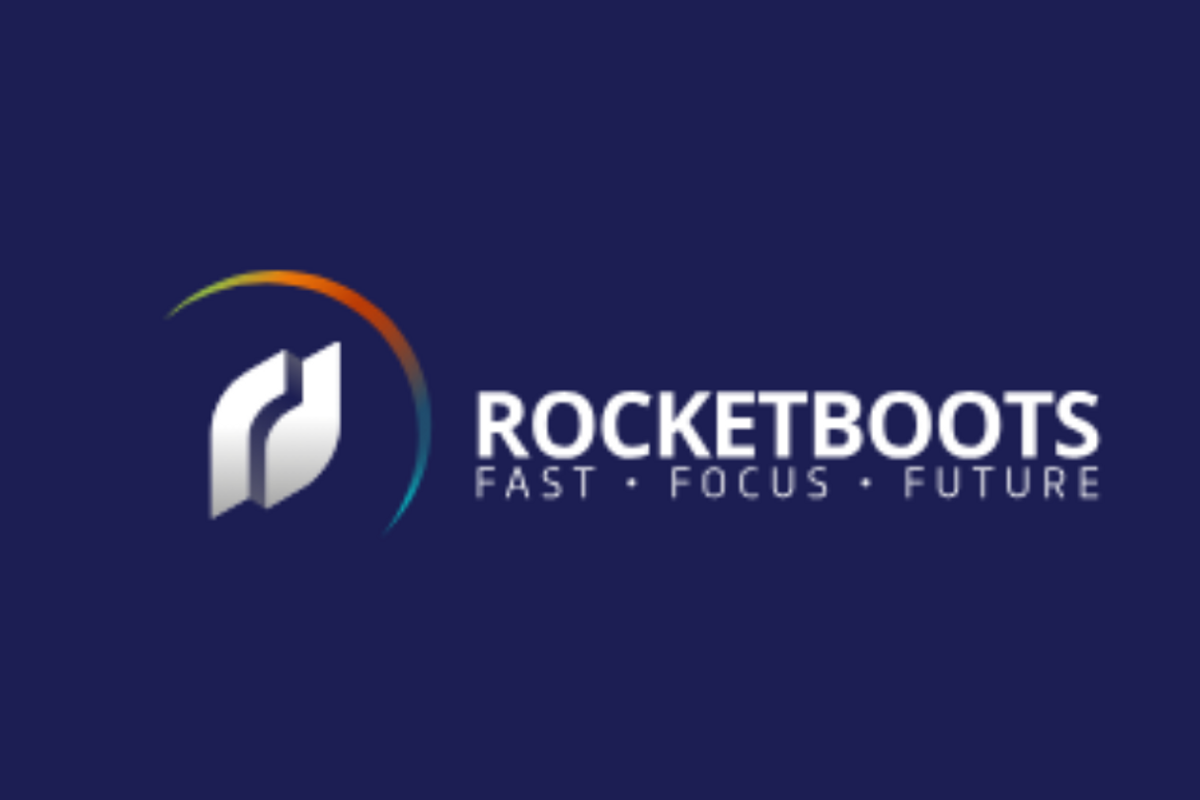
- WORLD EDITIONAustraliaNorth AmericaWorld
December 05, 2024
Artificial Intelligence software company RocketBoots Limited (ASX:ROC) (RocketBoots or the Company), is pleased to announce that it has extended a foundation partnership with a major Australian retailer (the Customer)1 for the provision of ROC software across its retail locations.
Highlights
- RocketBoots extends its SaaS contract with a major Australian retailer
- The deal continues a 7-year foundation partnership across > 250 locations
- Contract term is 1 year with a prepaid annual contract value of $339K
- Advanced discussions continue across a number of international enterprise customers, with the Company focused on closing several near-term opportunities.
Australian Retail Agreement
RocketBoots confirms a contract extension with the Customer, which continues a 7-year partnership providing critical software across its Australian locations. Over this time, the Company has established opportunities to optimise operations, as well as integrate RocketBoots technology with other retailer systems further enhancing the Customers ability to leverage value across its operations.
Importantly, RocketBoots has continued to demonstrate a sustainable return on investment that underpins its commercial model where the Company is now building momentum and scaling the business to secure a share in the billion-dollar global retail, grocery and banking markets.
Key contract terms include:
- The continued provision of RocketBoots' software across its store network;
- Prepayment of contract value of $339K, up 5% from previous;
- Contract term of 1 year, with the option to extend in 1-year increments; and
- Either party may terminate the agreement at any time, however contract prepayment is non-refundable.
Commenting on the Customer contract extension, RocketBoots Chief Executive, Joel Rappolt, said:
“We continue to show our ability to retain and scale our software in key customer markets. RocketBoots has market validated and leading loss prevention software that allows our customers to realise significant value, which is critical considering the rise in retail theft having greater impact on profitability.
The Company continues to focus on scaling the business internationally across a robust pipeline with near- term opportunities.”
Click here for the full ASX Release
This article includes content from Rocketboots Limited, licensed for the purpose of publishing on Investing News Australia. This article does not constitute financial product advice. It is your responsibility to perform proper due diligence before acting upon any information provided here. Please refer to our full disclaimer here.
ROC:AU

Sign up to get your FREE
RocketBoots Investor Kit
and hear about exciting investment opportunities.
- Corporate info
- Insights
- Growth strategies
- Upcoming projects
GET YOUR FREE INVESTOR KIT
The Conversation (0)
17 March 2025
RocketBoots
Superpowers for in-person service businesses using AI
Superpowers for in-person service businesses using AI Keep Reading...
29 January
Quarterly Activities/Appendix 4C Cash Flow Report
RocketBoots (ROC:AU) has announced Quarterly Activities/Appendix 4C Cash Flow ReportDownload the PDF here. Keep Reading...
23 December 2025
$7M Placement to Accelerate International Expansion
RocketBoots (ROC:AU) has announced $7M Placement to Accelerate International ExpansionDownload the PDF here. Keep Reading...
21 December 2025
Trading Halt
RocketBoots (ROC:AU) has announced Trading HaltDownload the PDF here. Keep Reading...
17 December 2025
Transformational A$9.1m ARR Global Contract Win
RocketBoots (ROC:AU) has announced Transformational A$9.1m ARR Global Contract WinDownload the PDF here. Keep Reading...
16 December 2025
Trading Halt
RocketBoots (ROC:AU) has announced Trading HaltDownload the PDF here. Keep Reading...
04 February
AI Infrastructure Moving to the Edge to Transform User Experience
While the first phase of the AI gold rush was defined by massive investments in centralized data centers, 2026 is about proving those billions can translate into fast, reliable AI that people will use every day. One Canadian startup, PolarGrid, is betting that the answer lies at the edge rather... Keep Reading...
29 January
Quarterly Activities/Appendix 4C Cash Flow Report
Unith (UNT:AU) has announced Quarterly Activities/Appendix 4C Cash Flow ReportDownload the PDF here. Keep Reading...
20 January
The Performance Chasm: Is the AI Rally Over or Just Shifting Gears?
The investment landscape of 2025 will be remembered for its historic divide, where the widespread boom in artificial intelligence (AI) created a tale of two worlds in the stock market.On one side, the Magnificent 7 and specialized players like Palantir Technologies (NASDAQ:PLTR) drove massive... Keep Reading...
20 January
Nextech3D.ai Scales National Event Infrastructure to 35 Major U.S. Cities; Launches 58 New AI-Ready Experiences to Meet Enterprise Demand
Strategic Integration of Generative AI 'Semantic Memory' via OpenAI and Pinecone Vector Database Supports Rapid Expansion of Corporate Engagement Platforms TORONTO, ON / ACCESS Newswire / January 20, 2026 / Nextech3D.ai (OTCQB:NEXCF)(CSE:NTAR,OTC:NEXCF)(FSE:1SS), a leader in AI-powered event and... Keep Reading...
16 January
Tech Weekly: Chip Stocks Soar on Taiwan Semiconductor Earnings
Welcome to the Investing News Network's weekly brief on tech news and tech stocks driving the market. We also break down next week's catalysts to watch to help you prepare for the week ahead.Don't forget to follow us @INN_Technology for real-time news updates!Securities Disclosure: I, Meagen... Keep Reading...
16 January
Nextech3D.ai Partners with BitPay to Power Crypto and Stablecoin Payments for Events
Company Strengthens Event Tech Infrastructure with Milestone AWS Migration and Enhanced Blockchain CredentialingAWS Cloud Infrastructure OptimizationSmart Contract UniformityFlexible Asset Standards ERC721/ ERC1155 TORONTO, ON AND NEW YORK CITY, NY / ACCESS Newswire / January 16, 2026 /... Keep Reading...
Latest News

Sign up to get your FREE
RocketBoots Investor Kit
and hear about exciting investment opportunities.
- Corporate info
- Insights
- Growth strategies
- Upcoming projects
GET YOUR FREE INVESTOR KIT
Interactive Chart
Latest Press Releases
Related News
TOP STOCKS
American Battery4.030.24
Aion Therapeutic0.10-0.01
Cybin Corp2.140.00
